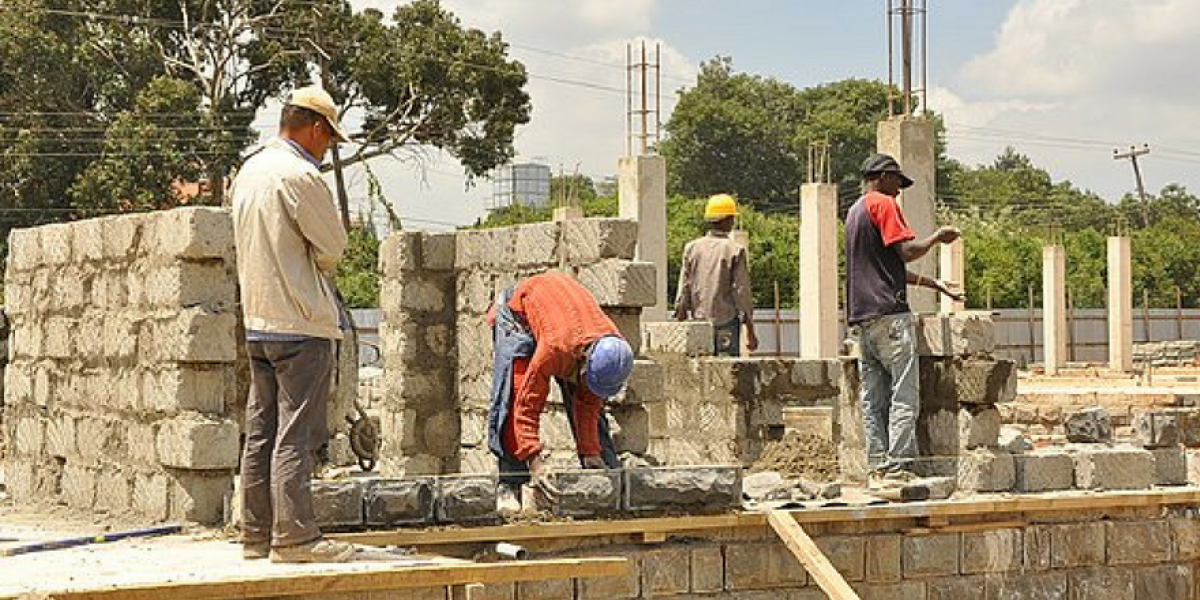The increasingly visible Chinese economic presence in Africa has led to analyses that run the gamut from highly laudatory, ie, considering Chinese investments as a contribution to African development, to strongly critical, ie, considering them as exploitative. This paper briefly reviews the contours of Chinese investment and aid programmes on the continent, placing them in context, with the aim of addressing the issues of capacity building and social responsibility of investments raised by China’s engagement in Africa. The paper poses the following questions: as unemployment and underemployment become an increasingly pressing issue in many African countries, how have Chinese firms contributed to the development of educational programmes more adapted to the needs of the local industrial framework? Has the Chinese contribution favoured lower levels of skills or has it led to the training of professionals with higher competencies? These issues are considered within the social and environmental frameworks. Finally, recommendations are made to ensure that China–Africa co-operation strategies conform to the objectives of the AU’s Agenda 2063 to build an integrated, people-centred, prosperous Africa.








